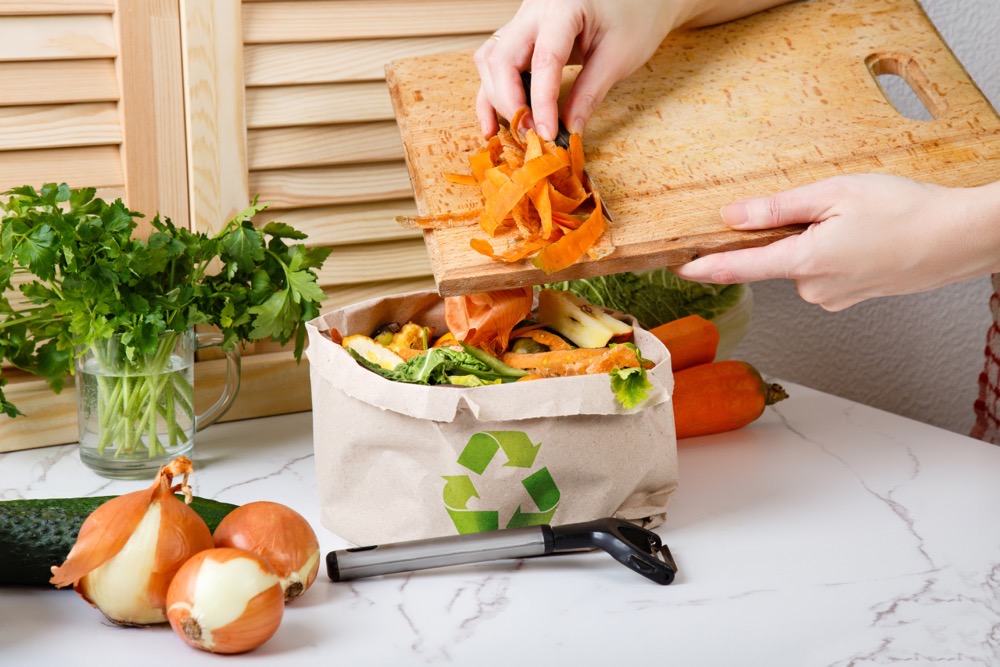JEDDAH: He used to show off his fancy footwork on the football field, but now he wields the tools that keep current Saudi players looking stylish on and off the pitch. Inspired by Saudi Vison 2030’s goal to expand horizons for all, Feras Al-Zahrani is challenging cultural perceptions around “suitable jobs for Saudis.”
Driven by a desire to learn, study and improve from a young age, he graduated from high school and worked in the private sector where low-income jobs included a spell as a security officer.
Now he is based at Relax Station Salon in Jeddah where, when Arab News arrived to interview him, he was still wearing the black surgical gloves from his last customer’s haircut.
During the few minutes he had to spare before his next appointment, he said he disagreed with the sentiment that Saudi men should not work certain jobs.
“The doors to livelihood are open in all fields, and people should not be ashamed of their profession, as long as they practice it, love it and it generates an income for them,” he told Arab News, discussing the stigma surrounding low-income jobs.
“Some ideas must change. We are going through the Vision 2030 era in which energies and competencies must be invested. Society does not only want engineers, doctors and pilots; society needs all its worker components.”
Al-Zahrani wears many hats. He was a footballer before he became a hairstylist, playing for Al-Wehda in Makkah and Al-Rabea. “Football was my passion and (I) was hoping one day to be a famous football player. Unfortunately, I suffered an anterior cruciate ligament injury which effectively stopped me playing football,” he explained.
Looking for other career options, he enrolled on a hairstyling course at Enayat Company.
“They had an ad asking for young Saudis interested in learning to become a hairstylist,” he said. “As a former football player, we were very concerned about our hairstyles. So that’s why I became obsessed with hair, and I told myself this is what I want to be. I understood this is the thing that I need to do. I thought it was an incredible plan to break the unthinkable of being a hairstylist in Saudi Arabia.”
Al-Zahrani said it took a year of training to learn how to cut and style hair, along with grooming techniques for shaving, facial treatments, and head massage.
“It is a really difficult profession, and it is not what people think,” he said, adding that he set up a salon in his room once he was skilled enough: “I practiced with my relatives and friends who took the risk to volunteer as clients … cutting their hair is how I began to work. Then, I began searching for a job.”
For the past six years, the 32-year-old has been growing his clientele. Then, at the start of this year, Al-Zahrani received a call from Saeed Al-Mubarki, owner of Relax Station Salon, who offered him a job.
Al-Mubarki said: “I heard about Al-Zahrani from my friends and when I saw his work, I was very impressed to see a Saudi with such skills. I got him an offer and, since he joined our team, he has proven himself. Now he has his own customers who come especially for him.”
Al-Mubarki added: “It is our duty to support young Saudis and if we see more talents, we will no doubt hire them.”
For Al-Zahrani, being a hairstylist is more than a job — it is an artform.
“Seeing people leave happy has become the part of my job I like the most. If they like the haircut and feel comfortable, I am happy,” he said.
One of his colleagues, Abdul Raheem Al-Bualali from Agadir in Morocco, praised his skills and said: “To be honest with you I had never see a Saudi working as a barber, but I was impressed with Al-Zahrani’s ability to handle the scissor and we are happy to share our experience with him.”
Al-Zahrani is known for his precise haircuts for football players and celebrities such as Salman Al-Dossary, Saudi Abdulhameed, Saleh Al-Shihri, and Al-Hilal defender Kalidou Koulibaly.
He told Arab News: “I am so proud to be engaged with such big names in football. I got involved with them through word of mouth or through friends who recommended me to these stars. My work still continued with them and they became close to me after they have tried my hair cuts.”
His dream now is to open his own salon and his advice to Saudi youths is to be open to work in any profession.
“To survive in this world, they have to work as a barber or a mechanic or a baggage porter or anything else. There is nothing to be ashamed of as long as they preserve their dignity and make a living,” he said.

































